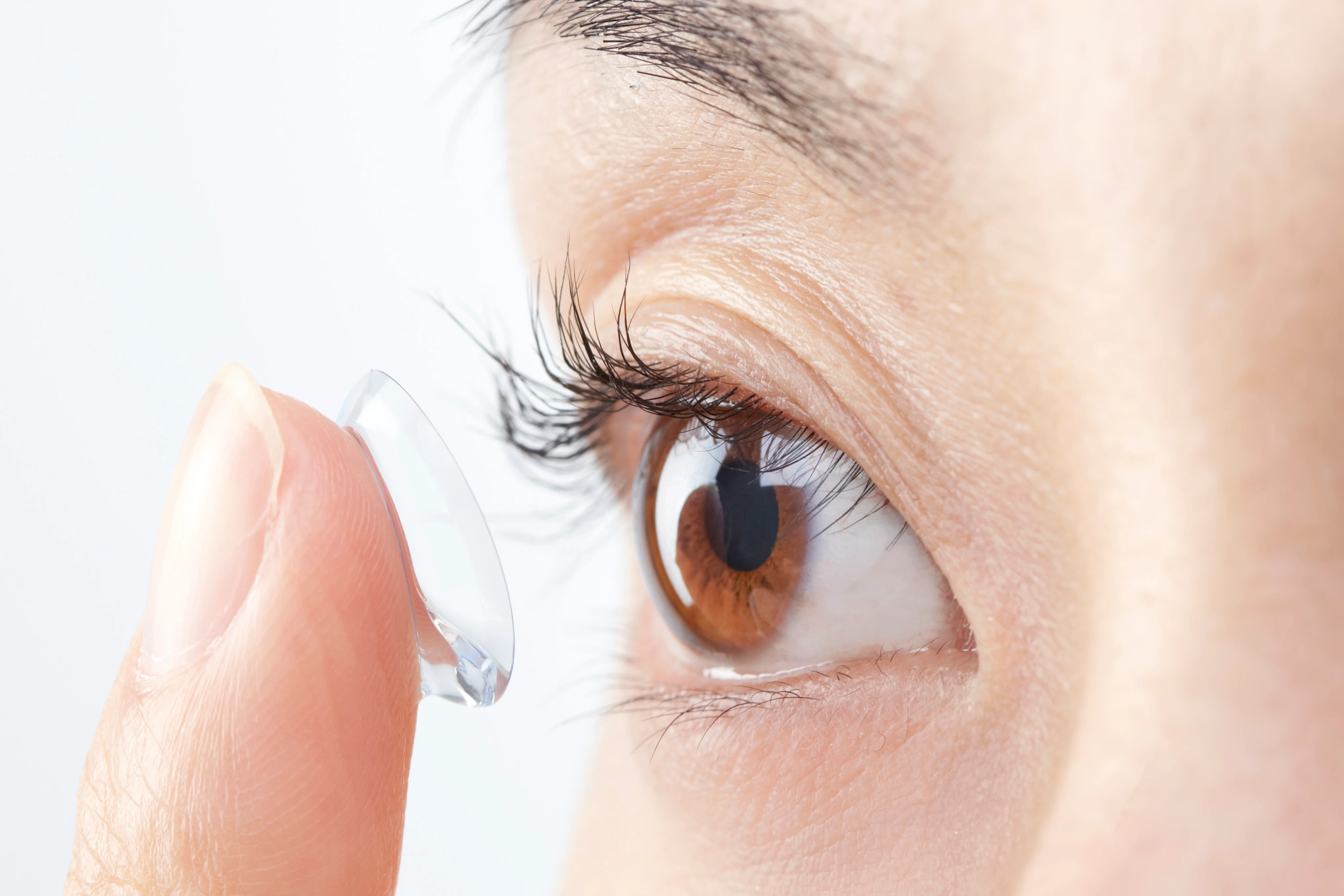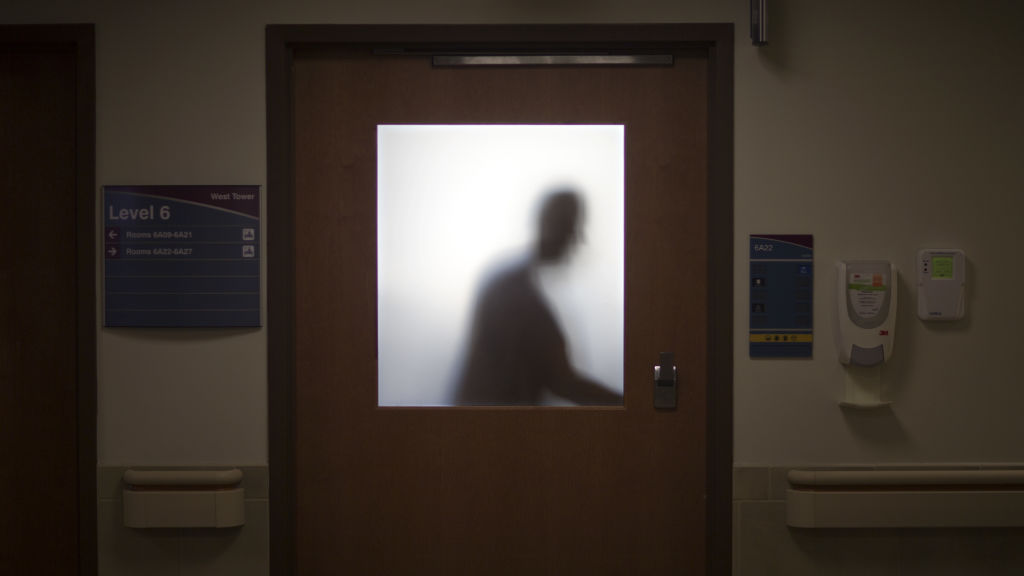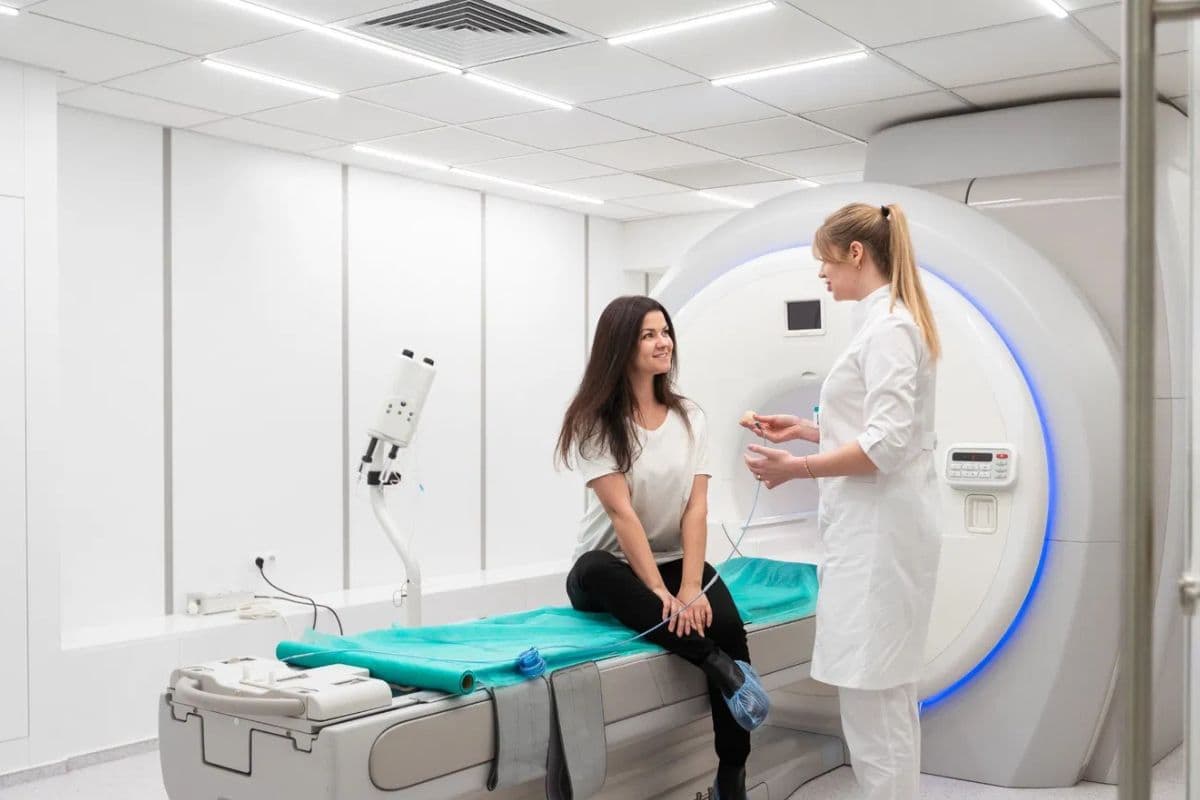Copyright scmp

Ophthalmology professionals in Hong Kong have cautioned residents about the risks of wearing cosmetic contact lenses sourced from unregulated channels – especially during Halloween – warning of potential visual impairment caused by improper use. The Hong Kong Association of Private Practice Optometrists on Tuesday also urged authorities to introduce a mandatory registration system to regulate the import, distribution and sale of medical devices, including contact lenses, and reduce the risks associated with their use. Ophthalmology specialist Justin Tong Man-kit said improper use of contact lenses could lead to multiple conditions, such as keratitis, bacterial infection and visual impairment. “As Halloween approaches, many residents will wear coloured or cosmetic contact lenses for make-up and festive celebrations,” he said. “But they should avoid purchasing products from unknown sources online.” According to Tong, most patients who sought help from him after Halloween were young people, as such cosmetic products were more popular among them and they tended to seek information online rather than consult professionals. Consumers should not use contact lenses believing that the risks are minimal, simply because they are used only for a short time, he said. “In fact, the eyes can still be injured even if contact lenses are worn improperly just once,” Tong added, calling on consumers to consult optometrists before using contact lenses. A study cited by Tong found 3.4 cases of keratitis per 10,000 contact lens users in Hong Kong, while the number rose to 9.3 among long-term users. Meanwhile, data from the US Food and Drug Administration found 27 per cent of contact lenses obtained without a prescription were contaminated. “Contact lenses may not be the medical devices with the most frequent irregularities, but when problems occur, they can cause blindness. Even one case is one too many,” Tong said. The association’s president, Queenie Yip Siu-lai, urged authorities to tighten regulation of consumer medical devices, including contact lenses, in Hong Kong. A policy research study by the association found that Hong Kong lacks a mandatory registration system for consumer medical devices, meaning those available for direct purchase, such as contact lenses and rapid antigen test kits. Currently, the city only has a voluntary registration system for medical devices and the Department of Health prioritises procuring registered products. In his latest policy address in September, Chief Executive John Lee Ka-chiu announced that the government would establish the Hong Kong Centre for Medical Products Regulation and submit a legislative proposal on regulating medical devices next year. The aim is to establish the centre as an internationally recognised regulatory authority for medical products as soon as possible. Many other jurisdictions, including mainland China, the United States, Britain, Singapore and Malaysia, have a mandatory registration system for products, importers and distributors. “Hong Kong’s lack of regulations on retail, importation and supply has lagged behind [international standards],” Yip said. The loopholes in regulations have led to the proliferation of parallel traded contact lenses, whose quality might be compromised due to improper transport and storage, Yip explained, adding that manufacturers might also be unable to monitor their quality. Parallel traded contact lenses commonly sold in Hong Kong come from various countries including the US, Australia and South Korea, and are usually offered at lower prices. According to a survey of more than 1,000 Hongkongers conducted by the association in June, over 80 per cent of adult residents believed that smuggled contact lenses were unsafe, but only 25.7 per cent could distinguish parallel-traded from authorised ones. The association urged the government to implement mandatory registration of all consumer medical devices, including contact lenses, and also require registration of importers, suppliers and distributors. It also called on authorities to stipulate requirements for prescribing contact lenses and restrict online sales of such devices. Only registered entities should be permitted to conduct such sales, and the Customs and Excise Department and the Department of Health should form a joint task force to regulate medical products imported into the city, it added. “With regulation, residents’ health will be better protected,” Yip said. “Also, consumers will have more confidence in purchasing medical devices, which will in turn benefit the industry’s development.”



